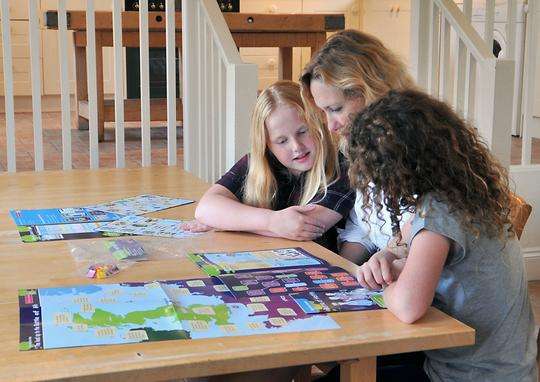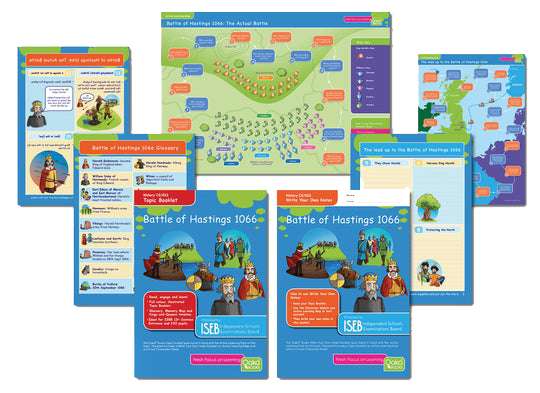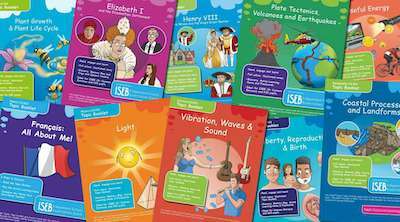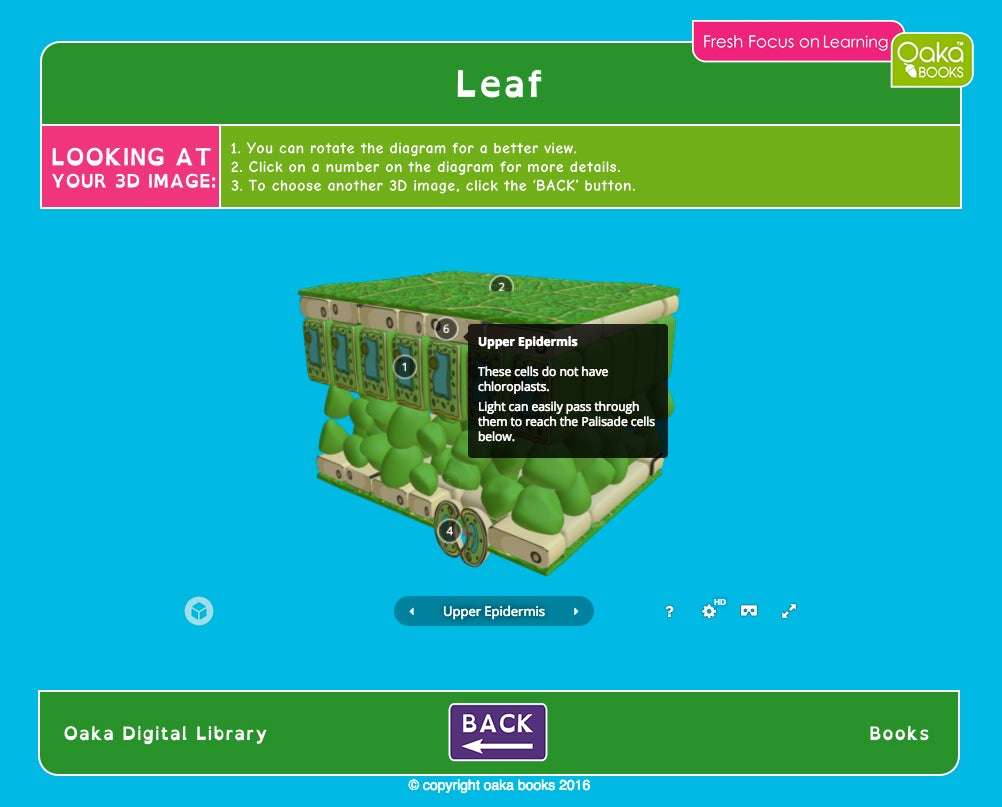With revision time well and truly upon us again, understanding the most effective revision techniques is essential to avoid wasting time and increasing stress levels.
Back in the late 19 century a German psychologist, Hermann Ebbinghaus studied how quickly we forget things. The result of his investigations was the ‘Forgetting Curve’. This basically demonstrates that, without spaced repetition of information, information really can move in ‘one ear and out of the other’ and surprisingly fast!
Ebbinghaus undertook research using random words and found that without spaced repetition, the memory of the words dropped dramatically.
Half of all information learned is forgotten within a day. Ebbinghaus discovered the best times to practice and reinforce this knowledge to make it stick.
The forgetting curve shows how quickly memories are lost – but also, importantly for our children struggling with their revision, how to keep them “topped up” for the best retention of information.
Very simply, the curve shows that immediately after we have learned something, we can remember a lot but very, very quickly that memory fades. After just 24 hours, we can only recall about 70% and after a month that has dwindled to around 20%. However, and this is the key, if we undertake repetitive, spaced revision during that month, we can retain around 65-70%. Make the revision involved more active retrieval of information and those figures will improve further.
We’ve talked about the forgetting curve before because it is so essential to understanding how we all retain information.
For children doing revision this means “early and often” reviews and testing of the information. But to get children engaged in this process, it needs to be fun and engaging.
Games and quizzes keep them involved while also reinforcing the information they learn. Practicing this retrieval of information strengthens the knowledge they are building and strengthens the synapses in the brain.
Games are a great way to have some fun in a revision session, and fun can boost a child’s learning too. With games designed around curriculum topics they are accessing information, strengthening their memories and practicing recall that plays an important part in solidifying the information. All done without realising they are actually revising!
Quizzes to allow the pupils to test their knowledge and come back to the parts that need working on, forging and strengthening neural pathways and making it easier to recall the information next time. These targeted, mini revision sessions keep the learning fresh and top of mind. Flashcards for each individual topic allow for quick recall sessions that can be done on a regular basis over a longer period of time.
Games and quizzes are an important part of the “early and often” revision process for long-term retention of information. Refreshing, reviewing and revising is the key to beating the forgetting curve and helping your child be the best that they can be in the exam room.





